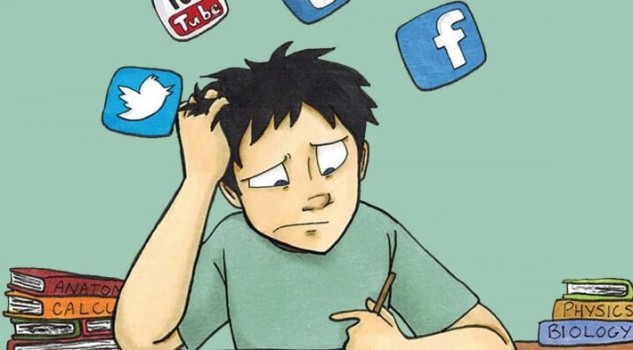To succeed in work or study you must concentrate and keep your mind on what you’re doing. However there appear to be some exceptions. For those tasks where you must be creative, concentration might even be counter- productive, whereas distractions could help find original solutions. A group of students was asked to list all the uses they could think up for a brick and once they finished then do the same for a toothpick. Another group of students was asked to do the same for both objects simultaneously without a particular order. The former group found about half the total uses that the second group found. If you concentrate on an idea, project or plan (cognitive fixation), it is difficult to evaluate other possibilities and be creative. The smaller children are, the less they concentrate on something specific and this is now believed to be their secret rather than their limit. Parents and teachers must teach children who are faced with a problem that does not seem to have a solution, to pass on to another problem or simply take a break and then come back to the original problem. More in general, we are a lot more versatile when, within reason, we pass from one issue to another and then back again.


Leave a Reply